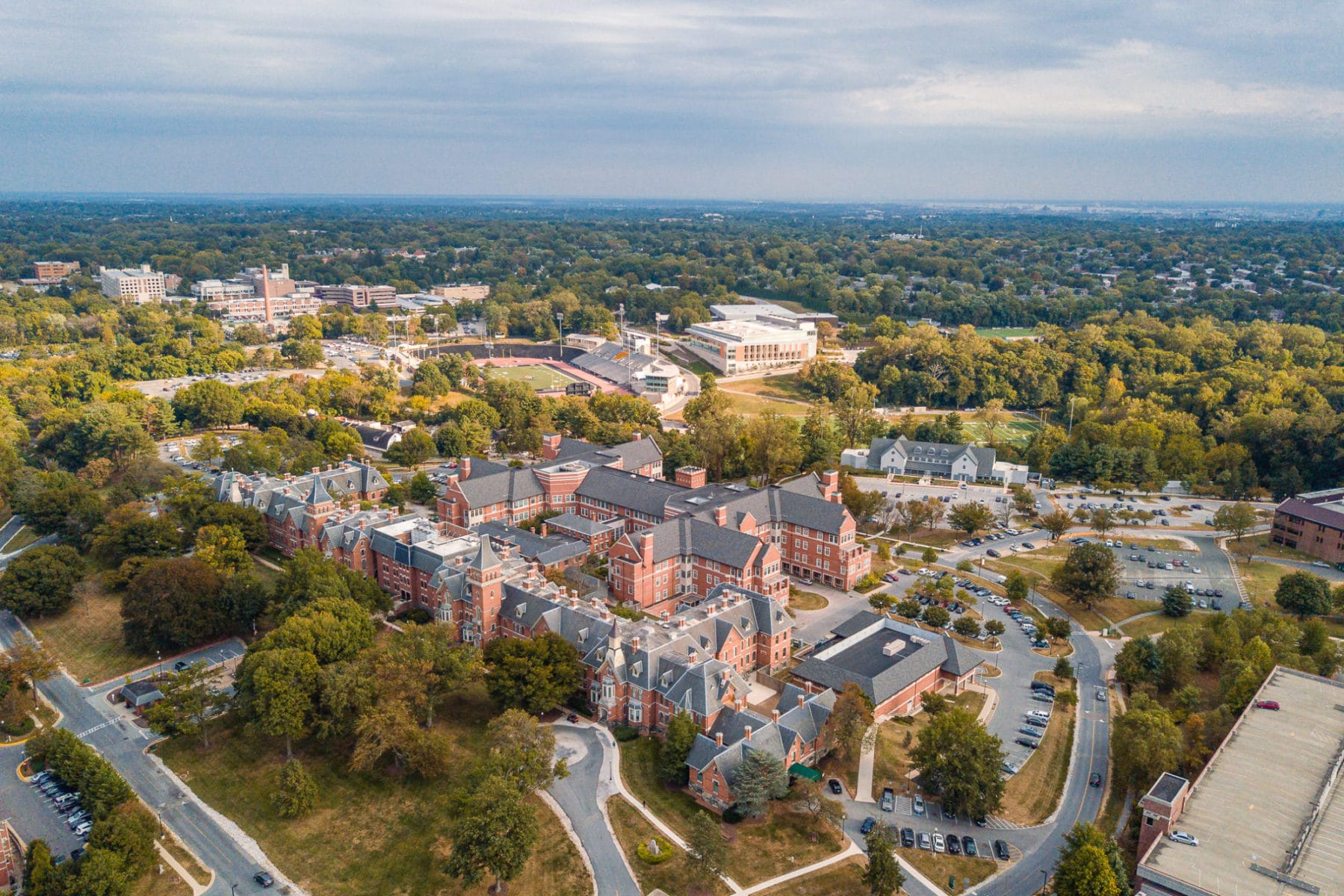At the beginning of the year, we established our first Centre of Excellence with The Sheppard Pratt Institute of Advanced Diagnostics and Therapeutics in the US. We spoke to Scott Aaronson MD, Director of Clinical Research at Sheppard Pratt and The Centre of Excellence, and a distinguished fellow of the American Psychiatric Association and fellow of the American College of Psychiatrists.
What is The Sheppard Pratt Institute?
Sheppard Pratt is one of the world’s leading research institutes in mental health and one of the top psychiatric hospitals in the United States. It is the largest not-for-profit mental health system in the US and supports more than 70,000 patients a year in its local community, as well as across 42 states and 19 countries. We offer inpatient and outpatient facilities and cut across the entire diagnostic spectrum of mental health conditions.
Despite our size, Sheppard Pratt historically only carried out a relatively small amount of research. This collaboration with Compass enables us to expand our research programme to a size that’s more commensurate with the size of our institution. It will also enable Compass to access a broad spectrum of clinical trial participants from a diverse community with a wide range of mental health conditions.
Tell us about the Centre of Excellence
The Centre of Excellence is the hub around which we’re building our Institute of Advanced Diagnostics and Therapeutics, as well as being a focal point for Compass in the US. While our initial research will focus on COMP360 psilocybin therapy for severe treatment-resistant depression and bipolar type II depression, we will also look at the development of psilocybin therapy for different diagnostic categories such as depression, obsessive-compulsive disorder and post-traumatic stress disorder, among others. We will develop best practices and the model of how to use psilocybin therapy in different settings.
We can see the enormous potential that this therapy could have on the lives of millions of people with mental health conditions around the world. Our aim is to expand our knowledge about the use of psilocybin and to figure out which conditions and patient populations will benefit the most. To my mind, psilocybin is a medication that is transdiagnostic, meaning that we can likely help with symptoms across many diagnoses.
We’re really excited because with the support of Compass we’re able to look at where we can make best use of this novel intervention that is unlike anything else that we have. We will carry out proof-of-concept studies across various diagnoses.
One of the biggest challenges with psychiatric diagnosis is that it’s all phenomenological as well as heterogeneous; we don’t fully understand the biology behind it and we may be lumping many illnesses under one heading. As we go forward it will be critical to have an understanding of the underpinnings of each person’s illness.
To my mind, we should have as many words for depression as Eskimos have for snow. For Eskimos it’s really important whether it’s a soft snow or a hard snow, or a wet snow or a dry snow, and for depression it’s the same. It’s really important for a psychiatric diagnosis to include whether somebody is sleeping too much or too little; eating too much or too little; has had chronic illness that never goes away or only suffers episodically; has mood instability and cycles into different phases or has existential despair or not. Different presentations may respond differently to the use of psychedelics and we need to understand better and evidence our understanding.
In an ideal world, what would mental health care look like for you in 10 years’ time?
The thing I would most like to see change is the stigma around poor mental health. One of the outcomes of this is that people are afraid to seek treatment and don’t think that these are real illnesses. We need to be better at understanding what we can do to destigmatise this and how we can change public perception.
Beyond that, we need to reach into other populations. I’m hopeful that as we progress our work with these novel therapies, we’re able to ensure they are available across the entire spectrum of people who might need them. I’ve been very conscious when recruiting therapists for our programme that we reach across diverse communities.
I’m currently training a therapist to work on the trial who is part of a group called Black Therapists Rock. I’m hoping this enables us to attract a more ethnically diverse group of trial participants that is more representative of the diverse communities we serve in Baltimore. Even very large clinical trials often fail to attract a diverse range of people and this results in certain communities being under-represented in trial cohorts.
The overarching goal is to make mental health care more available to more people. To do this we need to destigmatise mental health care and offer novel therapies. Right now, I’m looking forward to there being more treatment options for people with difficult-to-treat depression and am really happy to lead the cause at Sheppard Pratt.
https://www.sheppardpratt.org/

